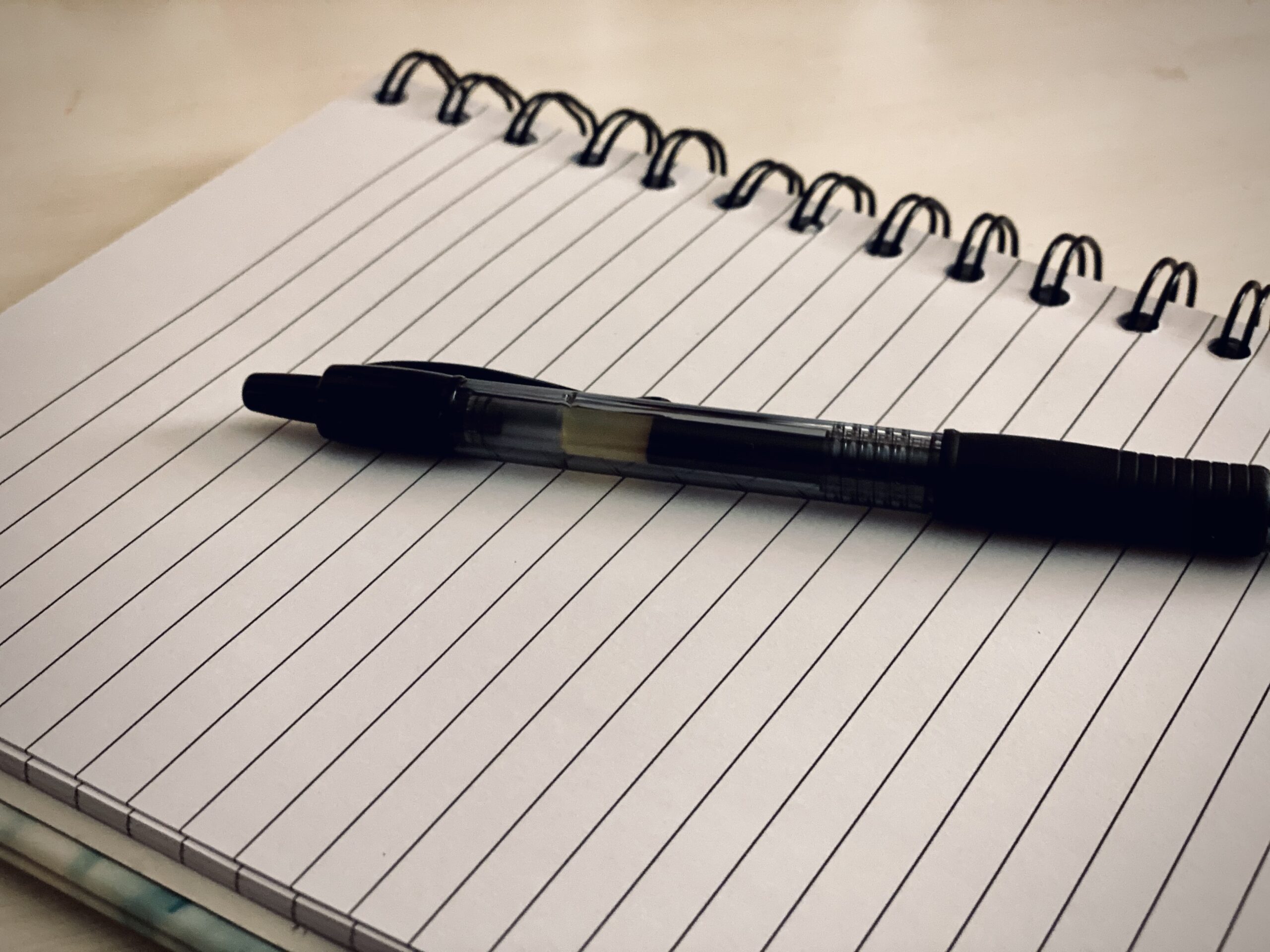Learning From Rejection
Rejection hurts. No one likes being rejected in anything, but it’s especially difficult when you’re a writer. You’ve put your heart, soul, and tears into your writing. It’s personal. It’s precious. You’ve invested months, maybe years, into your project.
And the answer is still no.
You’ve probably heard the options: give up, or try again. But those are easier said than done. In order to improve your novel, short story, essay, article, or any other form of writing, you need to learn how to handle, learn from, accept, and eventually even embrace rejection.
Common reasons publishers reject writing
If you’re wondering why your writing keeps getting turned down by publishing houses or literary agents, here are some of the most common reasons for rejection:
- The writing is unpolished. It may simply be that you need to find areas to improve your craft. From grammar and spelling to descriptions and dialogue, try to look for ways to make your writing the best it can be.
- The query letter is weak. Before publishers or agents even look at your work, they read the query letter. Because it’s the first impression a publisher gets of your work, it’s essential that your query letter is the best it can be.
- The formatting rules weren’t followed. Publishers and agents receive thousands of manuscripts. They have specific requirements for spacing, page breaks, page numbers, indentation, and the number of pages or chapters they want. These rules make it easier for publishers to read your work. Make sure you read their submission guidelines carefully.
- The way the story is told is unoriginal. It’s impossible to write an original story, but if the story you told feels commonplace or derivative, publishers won’t want to read it. Publishers are looking for fresh and interesting novels that will sell in their genre. Consider pushing your plot or conflict in new directions and working on making your voice distinct and unique.
Becoming a stronger writer through rejection
Most of the time, the criticism behind rejections is intended to make you aware of what’s not working in your writing. It’s hard to set aside your emotions, but it’s okay to take time to process them. The important thing is to return to your work. Using your rejections to your advantage helps you become a better writer because you learn how to improve.
If you continuously receive the same criticism from publishers, in workshops, and from readers, take it into consideration. Don’t ignore it. Once you’ve identified your weaknesses, you can begin to review and rework your writing. Do your research to make sure you’re submitting to someone who will make the best fit for your type of writing.
Many writers aim for rejection. Natalie D-Napoleon aimed for 100 rejections instead of acceptances because it reminded her that she was not only trying, but also taking each rejection as a learning experience. Rather than taking it personally, she discovered that her writing simply needed to find the right home. It’s vital to continue improving and submitting your work even when faced with numerous rejections.
Above all, allow your rejections to fuel your determination. Instead of feeling discouraged, use those hard feelings to help you succeed.
Have more questions? Feel free to reach out HERE.

